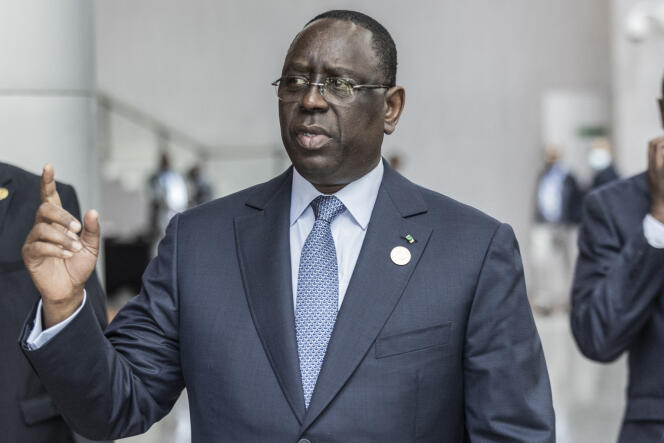Senegal’s political crisis took a step back from the brink as the country’s court intervened to block President Macky Sall’s controversial plan to delay the upcoming elections. However, this development does not necessarily signify the end of the crisis.
The West African nation has been experiencing political turbulence in recent weeks, with protests erupting over President Sall’s proposal to extend his term in office by two years. Many opposition leaders and civil society groups criticized the move, accusing the president of attempting to manipulate the constitution in his favor.
The court’s decision to reject the president’s bid to postpone the elections is being hailed as a victory for democracy and the rule of law. It demonstrates the judiciary’s independence and its commitment to upholding the constitution, despite political pressure.
However, the question of what comes next remains unanswered. Although the court’s ruling has prevented a potential constitutional crisis, the underlying political tensions and divisions within the country are far from resolved. The opposition and government are still at loggerheads, and there is a looming risk of further unrest and instability.
There is a need for all parties to engage in constructive dialogue and find a peaceful and inclusive resolution to the current impasse. Senegal’s stability and democratic progress depend on a transparent and credible electoral process, which allows for free and fair participation from all political actors.
The international community, including regional bodies such as the Economic Community of West African States (ECOWAS), has a role to play in supporting efforts to defuse the crisis and promote a peaceful transition of power. It is crucial for all stakeholders to prioritize the interests of the Senegalese people and work towards a sustainable political solution.
As Senegal navigates through this critical juncture, the country’s future trajectory will largely depend on how its leaders and citizens choose to move forward from this pivotal moment in its democratic history.

